Berry Gordy was among the five honorees selected to receive Kennedy Center Honors in 2021, one of many well-deserved lifetime achievement awards for the Motown founder. Gordy, born on Nov. 28, 1929, and known professionally as Berry Gordy Jr. was joined in Washington, D.C., at the event by singer-songwriter-musician Joni Mitchell, Saturday Night Live creator and producer Lorne Michaels, and actress-singer Bette Midler, among others.
“Growing up in Detroit, I was not only Black but the ‘black sheep’ of my family,” said Gordy upon receiving the news. “I was a failure at everything I did until I was 29 years old. Throughout the years I’ve been blessed with many wonderful memories, but this—the Kennedy Center Honors—is one that will be forever in my heart.”
This writer had the good fortune of interviewing Gordy in 1994, on the occasion of the publication of his autobiography, To Be Loved. Excerpts of that interview are presented here.
What’s it like hearing classic Motown songs on the radio now?
Berry Gordy: The feeling is one of great relief, because the business has changed a lot. For me, my style of entrepreneurship, it wasn’t fun anymore. I was too involved, too immersed in it, and it was a major relief [when Gordy sold the company to what was then PolyGram] because I wanted Motown to live on. I wanted the legacy to go forward. Money has never been the main thing for me. It’s the legacy that was important. When Motown was bought by PolyGram, I was very happy because I knew it had a home then; I had given my masters and my legacy a home. That would keep the Motown artists still in the limelight.
Motown Records began with 45 RPM single records. Then came the album format, eventually 8-track tapes, cassettes and compact discs. Were you personally impacted by the growth of the LP market?
We were about producing songs that were great, and so a lot of the producers who would be coming to our Friday morning meetings, they would say when the song wasn’t that great, “Oh, that’s an album tune. That’s just going on the album.” I’d say, “No. No. There are no album tunes. Every tune has to stand on its own.” We didn’t look at album tunes as such. We would pick tunes that were hits and that’s why they would go on albums and pull out a hit here, a hit there. It didn’t impact us that there were albums and we had departments and all that stuff.
Going back to the beginning of your career, after you were discharged from the Korean War, you opened a record shop, 3D Mart-House of Jazz, that stocked exclusively jazz records in 1953.
Yes, that’s all we stocked. I did know a lot about the blues. I did hear the old people playing it on the weekends. They had these parties, these house parties, on the weekends, drinking beer and the blues was wailing in the bars on Hastings Street, B.B. King. I was aware of it but it was beneath us, my little group. We (liked) “Bird,” Charlie Parker. If you weren’t hip to “Bird,” man, or Miles Davis, who could soothe you to death… I can still hear it today. I really did love jazz. So when I went in the record business, I opened up a jazz record store. The people in our neighborhood were factory workers and things like that and they did not know jazz, nor care about it. They were older, and I said, “I’ve got a major job to do. I’m gonna help these people with their life. I’m gonna teach them about jazz. These people are ignorant about jazz.” And so I started telling them about Charlie Parker and they kept saying, “You got Muddy Waters? Jimmy Reed?” I said, “No. If you want that stuff, you’ll have to go down Hastings Street.” When we started going out of business, started losing money, I decided maybe I better listen to some of this blues stuff, and then get some stock.
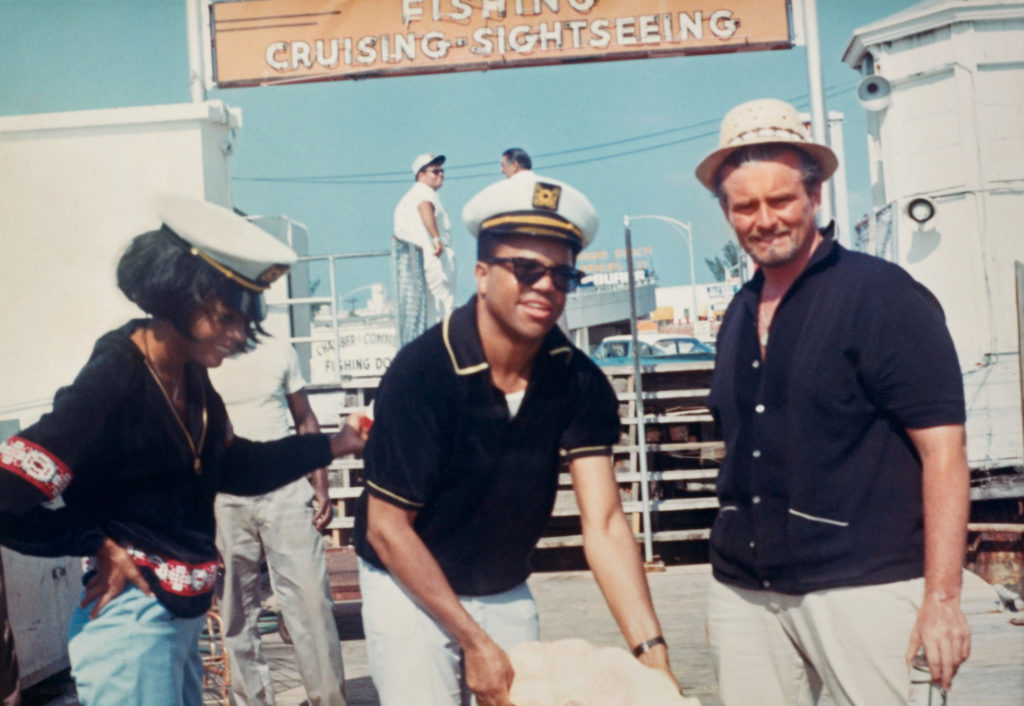
Diana Ross, Berry Gordy and Barney Ales prepare to set sail on a yacht from Miami, circa 1966 (Photo courtesy Barney Ales; used with permission)
I really enjoyed the story in your book about your negotiation with someone representing the Beatles and the three Jobete [publishing arm of Motown] copyrights that were to be included on a Beatles album. You had met [their manager] Brian Epstein before that when he visited [Motown headquarters] Hitsville in Detroit. The Beatles’ representative was seeking a reduced rate for the three tunes on the Beatles’ album.
I think there was some guy there doing his job, trying to get rates on whatever they were doing. They were doing more than one song. If it had been one song, I could say to them, “You’re doing one song.” But, “You’re doing three songs,” on The Beatles Second Album, and it’s negotiating; like when you go to the supermarket and you buy more than one thing, you get a deal.
Did you ever chuckle when those songs shipped millions of units and became part of the Beatles’ live show?
Sure, I chuckle, even today. It’s funny, and if I had to do it all over again [accept a discount rate on the three Jobete copyrights] I would make the same decision. It’s better to have a part of something than all of nothing. England, the Continent, Europe—a very loyal audience but a very deep-feeling people. They certainly are not fickle in their musical tastes. Fans are fans and they are great. I wanted them.
What was your first impression of Smokey Robinson?
My first impression was he was a great poet, but he didn’t know how to really write songs, or put songs together. When he learned how to put stuff together and he really understood, Smokey was incredible. When I turned down his first 100 songs, he got more excited with every song. I said, “This guy has to be either crazy or one of the most special people I’ll ever meet.” Then, he got it and understood it. He was incredible. He turned out to be one of the most special people I ever met.
Related: Gordy and Robinson were honored as MusiCares’ 2023 Persons of the Year
The Four Tops?
The epitome of loyalty, integrity, class. I just admire them so much. I admire them the most of any of the artists.
Listen to “It’s the Same Old Song” by the Four Tops, “the epitome of loyalty”
The Temptations?
Legends. They have proven that the group is stronger than any of its parts. I don’t care how great that part was, the Temptations are an institution.
Watch the Temptations on The Ed Sullivan Show
Diana Ross?
Special, magic, sensitive. When she does a song like “Somewhere” in front of an audience she still cries. I mean, I’ve never seen her do “Somewhere,” the [Leonard] Bernstein song from West Side Story, without crying. In fact, we used to stop her from doing it every night in the week. She was so dramatic. She’s so emotional and she gives all to her audience and she is sincere about it and serious about it.
Watch the Supremes perform the song on The Ed Sullivan Show
Related: Our Album Rewind of The Supremes Join the Temptations
Marvin Gaye?
The truest artist I’ve ever known. Whatever he was going through in his life he put on records. On Marvin Gaye’s What’s Going On album, he had three voices: Marvin on top of Marvin on top of Marvin. Just incredible. So if you want to know Marvin just listen to one of his records.
The Holland, Dozier and Holland production and songwriting team?
H-D-H was phenomenal. They came up with hit after hit. They started a thing. They had a lock on the Supremes and they took them, and did stuff on Marvin. H-D-H was absolutely brilliant. The three of them were different and they all complemented each other.
Stevie Wonder?
Innovative. The most innovative person that I’ve ever known. But also unique with his tones and his voice quality and all that. He was as close to genius, and I don’t like to use the word genius, but Stevie is one of those kind of special, special, special people that had a sound. And he’s quick. He’s creative and he can make up something very quick.
Michael Jackson?
Greatest entertainer in the world and one of the smartest people and businessmen in the world. He conducted his own career, basically. He knew what he wanted. And from nine years old he was a thinker. I called him “Little Spongy,” because he was like a sponge and he learned from everybody. He not only studied me, but he studied James Brown, Jackie Wilson, Marcel Marceau, Fred Astaire…Walt Disney. And he bought the Beatles’ catalog. Very bright.
Watch Smokey Robinson honor his best friend at the 2021 Kennedy Center Honors

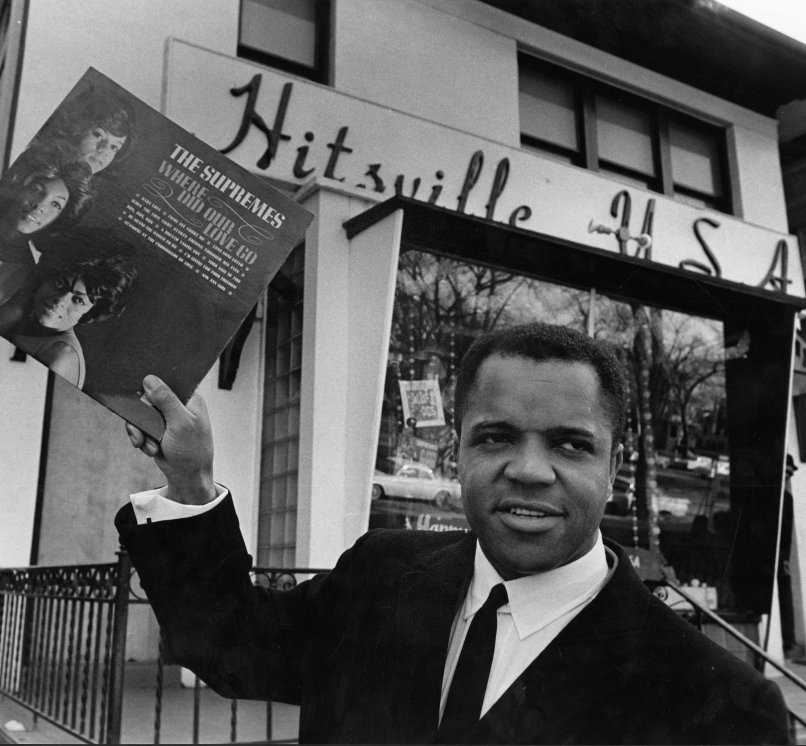
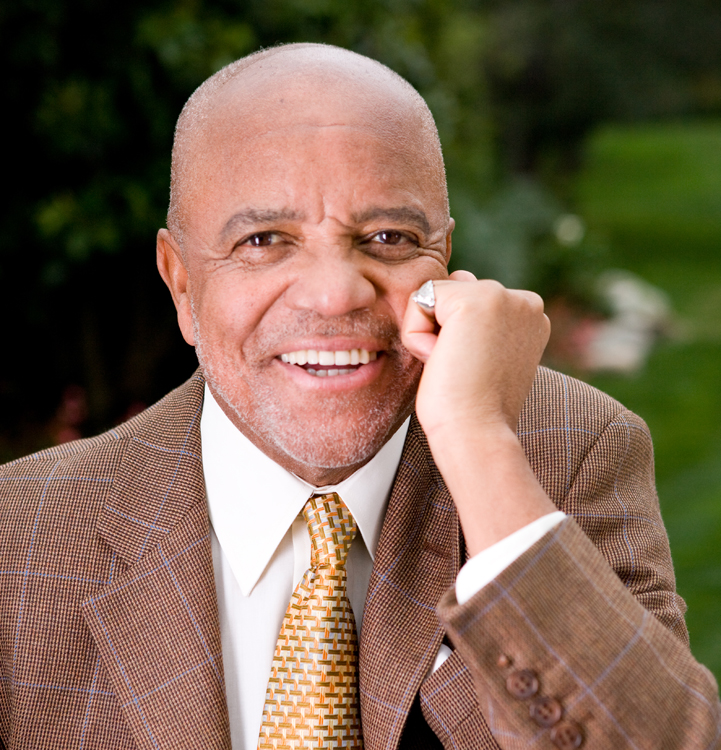
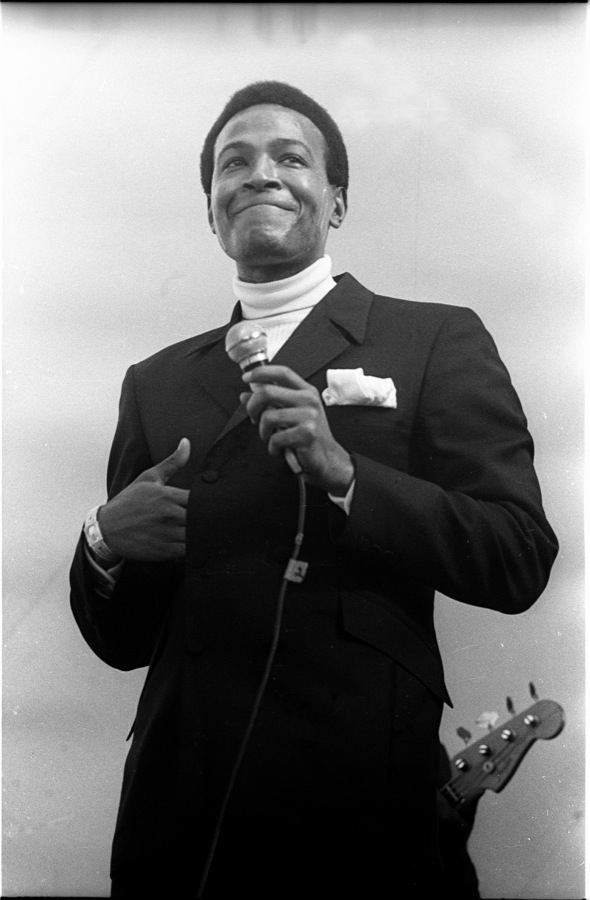
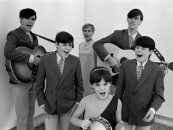


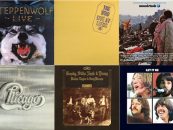

No Comments so far
Jump into a conversationNo Comments Yet!
You can be the one to start a conversation.